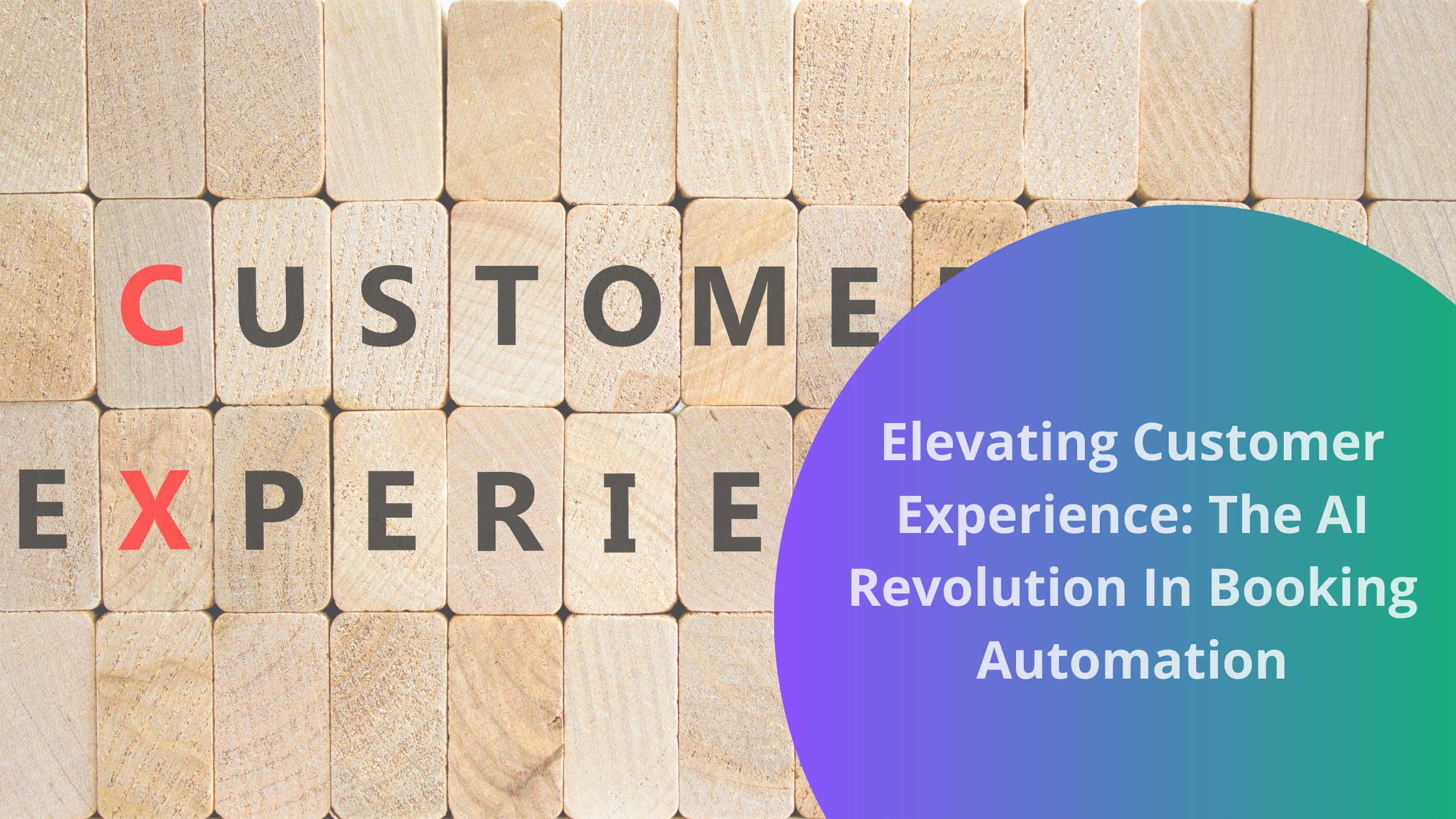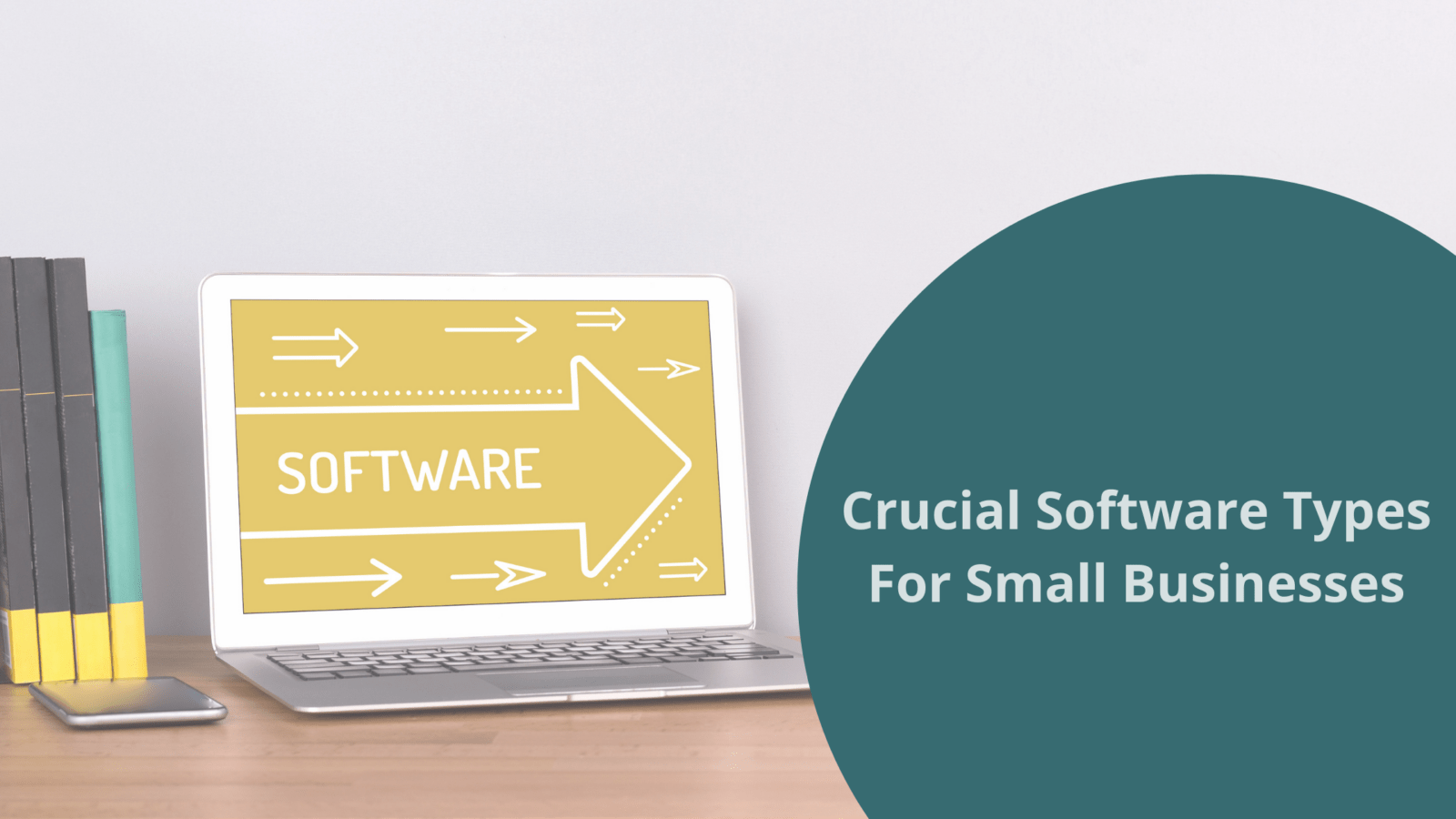As a small business navigating the dynamic landscape of technology, the selection and integration of software solutions play a pivotal role in shaping operational efficiency and driving growth. Understanding that not every software solution fits seamlessly into every business model is crucial. This discernment demands a thoughtful approach—leveraging technology that aligns with your unique business needs is pivotal.
With this in mind, we recognize the significance of strategic software selection for small businesses. It’s not merely about adopting the latest or most popular software; it’s about discerning the precise categories of software that align with your business objectives, amplifying productivity, and streamlining operations.
To save you time and money, we’ve compiled a list of 15 software categories that are important for small businesses to consider. This catalog is a strategic roadmap aimed at assisting you in identifying and selecting software solutions that are not only relevant but potentially transformative for your specific industry and operational demands.
Cybersecurity Software
Threat protection should be a top priority for small businesses. As a small business, you are at risk for cyberattacks. Cybersecurity software can help you protect your website and your customer’s data. It can also help you recover from an attack and get your business back up and running.
Cybersecurity software is a must for any small business. It can help you protect your website, your customer’s data, and your business. It can also help you recover from an attack and get your business back up and running. Within the category of cybersecurity software, you may want to consider investing in a website security solution, an email security solution, a data backup solution or software to monitor your endpoints, and a cloud security assessment tool. A cloud security assessment tool is particularly important as it evaluates the security posture of your cloud environments, ensuring that your data stored in the cloud is protected against threats and vulnerabilities.
Business Text Messaging Software
Business text messaging is an indispensable tool for small businesses, especially in today’s fast-paced, mobile-first world. Text messaging is a more direct and efficient way to engage with customers. Emails often get marked as spam and people don’t answer phone calls, but they read their texts. In fact, text messages have an extraordinarily high open rate compared to emails (exceeding 90%). This means you’ll have a much higher likelihood of getting your message seen, read, and acted upon.
You can use business text messaging to:
- Connect with teammates
- Send appointment reminders
- Offer limited-time promotions
- Follow-up for sales
- Provide customer service
- Remind about payments
- Ask for feedback
- Generate online reviews
- And more
Moreover, the convenience and immediacy of text messaging can be a game-changer for small businesses that need to be agile and responsive. Given that text messages can be quickly read and replied to, customer queries can be resolved in realtime, enhancing customer satisfaction and loyalty. Texting platforms also often allow for automated responses. This enables businesses to handle frequently asked questions without human intervention, freeing up staff for more complicated tasks. With features like these, business text messaging doesn’t just facilitate communication; it’s a powerful tool for improving operational efficiency and customer engagement.
Accounting Software
Having a good accounting system is critical for any business, large or small. It can help you keep track of your finances, budget more effectively, and make sure you’re complying with tax laws.
There are a number of different accounting software packages available, so it’s important to find one that’s right for your business. If you have a lot of employees, for example, you’ll need something that can handle payroll and with other accounting software features. And if you’re selling products online, you’ll need an e-commerce solution. Making use of accounting software can end up saving you a lot of time and hassle in the long run.
Payroll Software
If you have employees, you’ll need to pay them – and that means having a good payroll system in place. Payroll software can help you manage employee data, calculate paychecks, and track vacation time and other types of leave.
It’s important to find a payroll system that integrates well with your accounting software. That way, you can avoid having to enter data twice and can be confident that your records will be accurate. Payroll software can save you a lot of time and help to ensure that your employees are paid accurately and on time.
Customer Relationship Management (CRM) Software
If you’re in any kind of customer-facing business, then good customer relations are key. And having a good CRM system can make a big difference. Customer Relationship Management (CRM) software helps you track your interactions with customers, so you can follow up appropriately and resolve any issues that come up.
It can also be helpful for sales and marketing purposes, as it can give you insights into your customers’ needs and preferences. Additionally, many CRM systems can integrate seamlessly with other third-party applications, such as built-in phone systems, allowing for efficient call logging, tracking, and click-to-call functionality. This integration empowers businesses by providing real-time access to critical customer data, including contact preferences, purchase history, and customer feedback from previous interactions. There are a number of different CRM software packages available, so again, it’s important to find one that’s right for your business.
For example, Ollie is a solution specifically designed to help streamline your brewery’s operations. Its specialized features could very well align with the unique needs of your craft beer business.
CRM provides a wealth of data for everything from marketing to customer service.
Human Resources (HR) Software
If you have employees, then you need to be proactive about managing your human resources. That means having a good HR system in place. HR software can help you track employee information, handle payroll and benefits, and keep track of compliance with employment laws.
It can also be helpful for recruiting and performance management. Having a good HRIS software in place can save you a lot of time and hassle, and it can help you attract and retain good employees. It can also help with employee onboarding and better management of employee information.
Marketing Automation Software
Marketing automation software can be a big help for small businesses that are trying to do more with less. Marketing automation helps you automate repetitive tasks, like email marketing and social media campaigns.
It can also help you track your results and measure your ROI.
Marketing automation can give you a big boost in efficiency, and it can help you free up time to focus on other aspects of your business. A lot of the marketing tasks you handle on a daily basis are ones that can be quite easily automated, especially if you have the right software in place.
Project Management Software
If you’re working on any kind of project, then good project management is critical. Project management software can help you track milestones, deadlines, and tasks. It can also help you manage resources and communicate with team members. Having a good project management system in place can save you a lot of time and hassle, and it can help you get your projects done on time and on budget.
Sales Software
If you’re in any kind of sales-related business, then good sales software is a must. Sales software can help you track leads, manage prospects, and close deals. It can also help you manage your sales pipeline and forecast future sales. Having a good sales system in place can save you a lot of time and hassle, and it can help you close more deals and increase your revenue.
Social Media Management Software
If you’re doing any kind of social media marketing, then good social media management software is a must. Social media management software helps you track your social media channels, so you can see what’s working and what’s not. It can also help you schedule posts, track results, and measure your ROI.
Having good social media management software in place can save you a lot of time and hassle, and it can help you get the most out of your social media marketing. Social media marketing software is also great for scheduling your social media content so that the process is relatively hands-off. You can set it up once and then let it do its thing.
Recruitment Automation Software
Recruiting software can be a game changer for your business. If you haven’t already realized it, your company needs help getting the right people to apply. Recruitment software automates the hiring process so you get the most qualified candidates in response to job postings. It’s difficult to find and keep quality employees, especially with new competitors popping up every day and more people than ever before looking for work. With a recruiting automation software solution, though, you can pinpoint areas where your organization could use some improvement and target solutions accordingly.
Website Builder Software
If you don’t have a website, you’re missing out on a lot of potential customers. Website builder software makes it easy to create a website, even if you don’t have any technical expertise. You can use website builder software to create a simple website, or you can use it to create a more complex website with ecommerce capabilities.
Website builder software is a great option for small businesses that want to get online quickly and without spending a lot of money. You can find website builder software that fits your budget and your needs.
SEO Software
If you want your website to be visible in search engines, then you need to invest in good SEO software. SEO software helps you track your website’s performance in search engines, so you can see what’s working and what’s not.
It can also help you improve your website’s ranking in search results.
SEO software is a great way to improve your website’s visibility and traffic. It can also help you save time and money by automating the process of tracking your website’s performance in search engines.
There are so many different kinds of SEO-focused software out there, so it is useful to specify what kind of SEO tasks you are looking to target. For instance, you might want to focus on keyword research software or link building software.
Scheduling Software
Scheduling software can help you manage your time and your resources. It can also help you schedule appointments, events, and tasks. Having a good scheduling system in place can save you a lot of time and hassle.
There are many different types of scheduling software out there, so it is important to choose one that fits your needs. For instance, you might want to consider project management software, appointment scheduling software, or task management software.
Email Marketing Software
Email marketing software helps you send mass emails to your customers. It can also help you track your results, so you can see what’s working and what’s not. Email marketing software is a great way to stay in touch with your customers and promote your business. Make sure you have DMARC record activated before starting your campaign.
There are many different types of email marketing software out there, so it is important to choose one that fits your needs. For instance, you might want to consider a software that offers templates, autoresponders, or a drag-and-drop editor.
Lead Capture Software
Lead capture software helps you collect leads from your website. It can also help you track your results, so you can see what’s working and what’s not. Lead capture software is a great way to increase your sales and grow your business.
There are many different types of lead capture software out there, so it is important to choose one that fits your needs. For example, you might want to consider a software that offers lead capture forms, lead capture landing pages, or lead capture email templates.
Conclusion
Modern business is very much about having the right software and other digital tools at your disposal to increase productivity, save time and money, and improve your bottom line. As a small business owner or entrepreneur, it is important to be aware of the different types of software out there and how they can benefit your business.
While this list is by no means exhaustive, it covers some of the most important software categories that you should be thinking about implementing in your small business. By doing so, you will be well on your way to increasing your productivity, saving time and money, and improving your bottom line.




